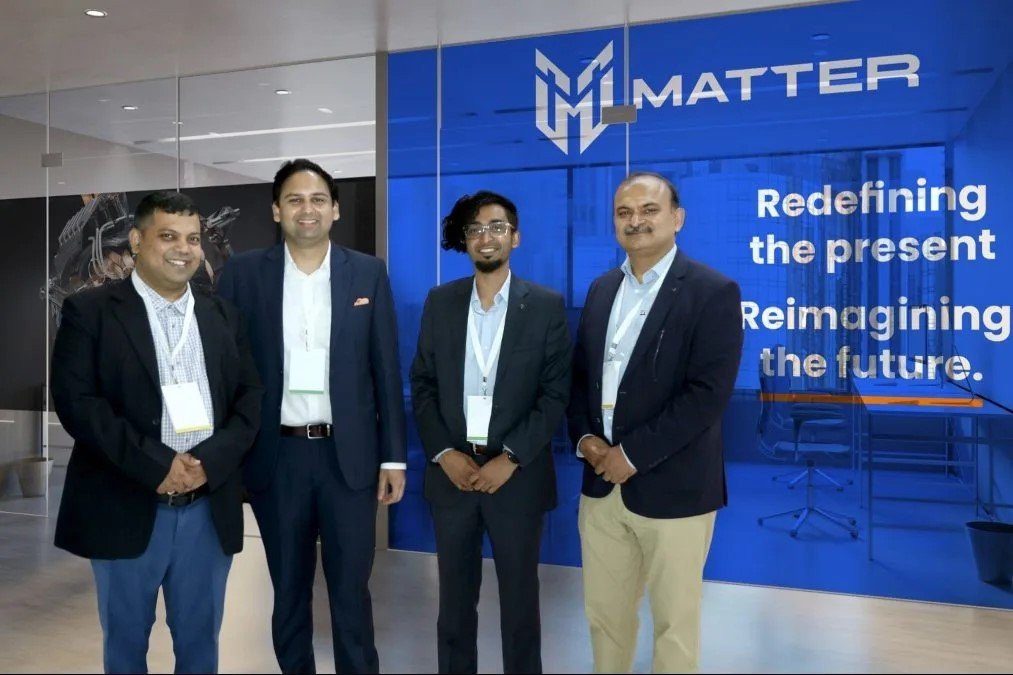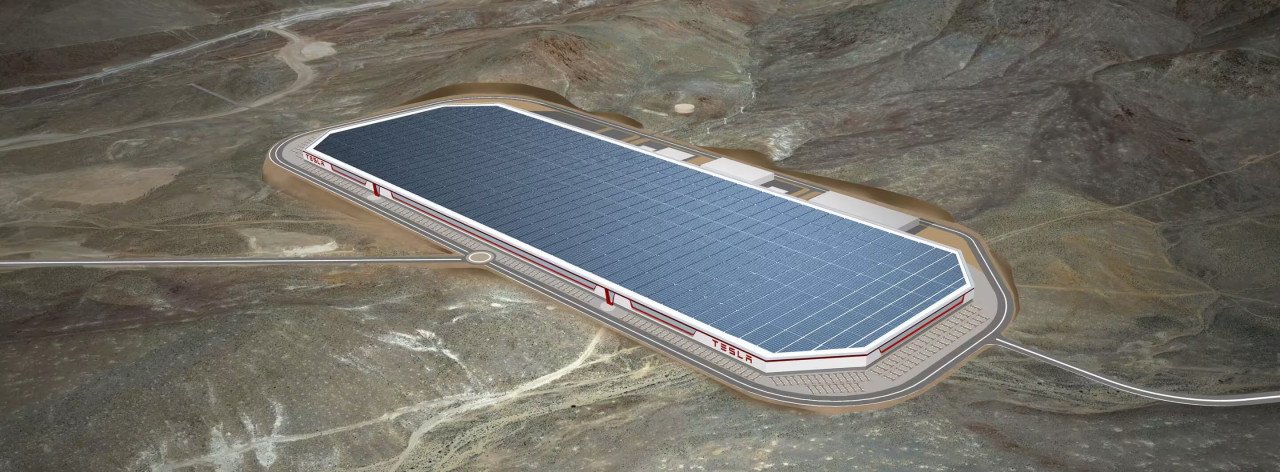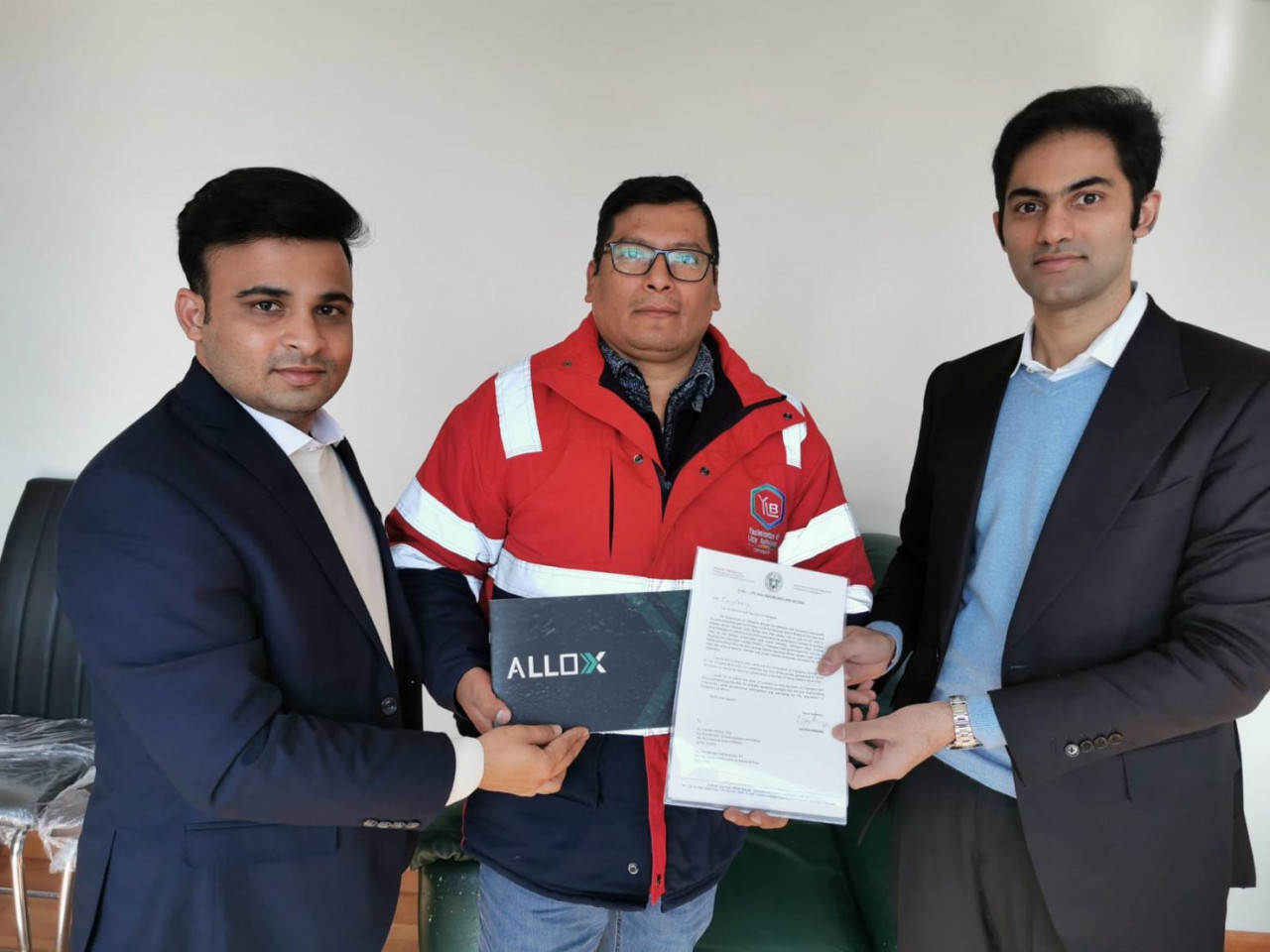Budget 2022: Energy storage, EV, and related industries pinning high hopes
IESA's Executive Director Debi Prasad Dash, in his recommendations to Union Finance Minister Nirmala Sitharaman has outlined key policy measures and suggestions from the domestic clean energy storage and mobility industries that can be considered for the upcoming budget to further an enabling environment and boost growth and investments.
With the Indian economy continuing to grapple with a series of macro challenges posed by the pandemic, the year 2022-23 is showing a new lease of hope with a strong recovery in consumer demand and investments across all industries.
The domestic EV and energy storage industries achieved new records in consumer sales and capital investments last year, despite a plethora of unfavorable factors including the pandemic, shortage of semi-conductors and essential raw materials, rising costs, and other constraints in the global supply chain, and so on.
With the continued economic push towards clean energy and zero-emission mobility from all stakeholders and their renewed aspirations for 2022-23, the scope and prospects of these industries have widened significantly. Industries are seriously looking for some serious reforms in related policy, taxation, and financing schemes, to realize vibrant growth in 2022 and beyond.
Hence, the focus is on the upcoming Union budget for FY 2022-23. IESA, with over 160+ energy storage and e-mobility, green hydrogen, microgrid companies from India and abroad under its fold, has come up with a slew of recommendations and suggestions to the union government for its budget considerations.
For more than 10 years, the alliance has been actively working in the space of energy storage, EV, renewable integration, microgrids, and green hydrogen arena, while continuously working with various union ministries, state utilities, and national labs to prioritize the pilot energy storage deployment, manufacturing, and related R&D initiatives.
Here is a summary of IESA's recommendations towards energy storage and e-mobility related industries, as pointed out by Debi Prasad Dash, Executive Director.
Energy Storage
- A 10-year tax holiday for projects with standalone battery energy storage using renewable energy, storage with transmission elements, and renewable plants.
- Accelerated depreciation at 80 percent on a written down value (WDV) basis for firms developing such energy storage projects
- A cut in custom duty for bi-directional inverters from 22 percent to 5 percent for use in energy storage and renewable energy projects
- A 5-year exemption on duties for key raw materials required for energy storage systems
- GST (VAT) exemption on the sale of energy storage integrated system to promote BESS industry
- Inclusion of energy storage projects as part of renewable energy schemes that require government support
- Provision of 'Infrastructure Status' to energy storage sector projects, both manufacturing, and deployment, to facilitate promotion of domestic manufacturing and checking the imports.
- Funding for domestic R&D activities encourage scientific research and innovation in energy storage technologies
E-mobility
- Reduction of GST rates on EV batteries including Lithium-ion (18 percent at present) and other chemistries (28 percent) to 5 percent.
- Reduction of GST rates on EV charging and battery swapping services from 18 to 5 percent.
- Reduction of GST rates on fuel cell and hydrogen-based vehicles from 12 to 5 percent.
- Reduction of GST rates on hybrid vehicles from an overall 43 percent to 18-28 percent depending on the size of the vehicles.
- An ideal GST rate of 5 percent for individual Battery as service (BaaS).
- Increasing Fame II incentivization towards charging infrastructure and battery swapping.
- Incentivising MSME sector and start-up ecosystem of energy storage and e-mobility.
- Tax benefits and registration fee exemptions for consumers switching from old ICE vehicles to EVs.
Cell Manufacturing and supply chain
- Reduction in duties on imports of battery packs, batteries, cells, cell materials to 5 percent (as against 10 percent custom duty and 18 percent GST at present) during the initial years when domestic cell manufacturing capacity (ACCs) is under construction.
- Elimination of duties on battery cell raw materials including processed materials (cathode, anode, electrolyte) once the domestic cell manufacturing is operational.
- Reduction in duties on equipment and machinery during the initial years when facilities are being set.
- Enhancing the capacity of ACC manufacturing to 75 GWh under Production Linked Incentive (PLI) Scheme 'National Programme on Advanced Chemistry Cell (ACC) Battery Storage as well as increase the financial outlay amount respectively.
- Increasing the proposed Niche ACC PLI capacity from 5 GWh to 10 GWh to support more advanced battery technology companies.
- Support to intermediate material manufacturers, either via capital investment subsidy or a separate PLI scheme.
- Loan guarantee programs for high-risk and technology advancement sectors.
- Extending revenue shortfall loans to ACC battery manufacturing sector.
- Skilling support in the form of a 'Training Subsidy' of ₹ 4000 per worker per month for 6 months in ACC battery manufacturing and other emerging sectors.
























